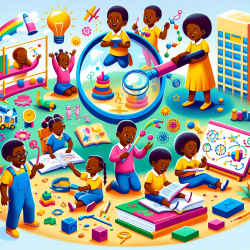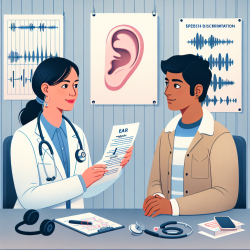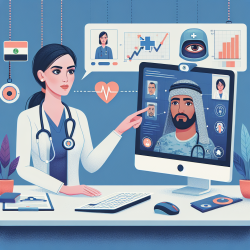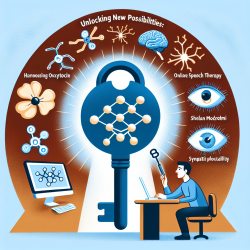Unlock the Secret to Transforming Early Childhood Education: Insights from Ghana's Groundbreaking Study!
In the realm of early childhood education, the Lively Minds program in Ghana has emerged as a beacon of hope, demonstrating the transformative power of play-based learning. This comprehensive Early Childhood Care and Education (ECCE) program has been rigorously evaluated through a cluster randomized controlled trial, revealing significant improvements in child development. As practitioners, we can glean valuable insights from this study to enhance our own educational practices.
Key Findings from the Lively Minds Study
The Lively Minds program focuses on improving cognitive and socioemotional development through structured play and parental involvement. Here are some key outcomes from the study:
- Improved Cognitive and Socioemotional Development: Children participating in the program showed marked improvements in cognitive skills and socioemotional development, as measured by standardized tools like the International Development and Early Learning Assessment (IDELA).
- Enhanced Parenting Practices: The program's parenting workshops have empowered parents with the knowledge and skills to provide a nurturing and stimulating home environment, further supporting their children's development.
- Positive Health Outcomes: The program also reported improvements in child health metrics, including better nutrition and hygiene practices.
Implications for Practitioners
As educators and therapists, we can leverage these findings to enhance our practices and advocate for similar interventions in our communities:
- Incorporate Play-Based Learning: The success of the Lively Minds program underscores the importance of play in early childhood education. Consider integrating structured play activities into your curriculum to foster cognitive and socioemotional growth.
- Engage Parents as Partners: Empowering parents through workshops and resources can create a supportive home environment that complements classroom learning. Encourage parental involvement in educational activities and provide them with tools to support their children's development.
- Focus on Holistic Development: Addressing both educational and health needs can lead to more comprehensive developmental outcomes. Collaborate with health professionals to integrate nutrition and hygiene education into your programs.
Encouraging Further Research
While the Lively Minds study provides valuable insights, it also opens the door for further research. Consider exploring the following areas:
- Long-Term Impact: Investigate the long-term effects of play-based learning on academic achievement and socioemotional well-being.
- Scalability: Examine how similar programs can be scaled and adapted to different cultural and socioeconomic contexts.
- Interdisciplinary Approaches: Explore the integration of educational and health interventions to maximize developmental outcomes.
By embracing the lessons from the Lively Minds program, we can work towards creating more inclusive and effective early childhood education systems that cater to the diverse needs of children and their families.
To read the original research paper, please follow this link: Lively Minds: improving health and development through play–a randomised controlled trial evaluation of a comprehensive ECCE programme at scale in Ghana.










